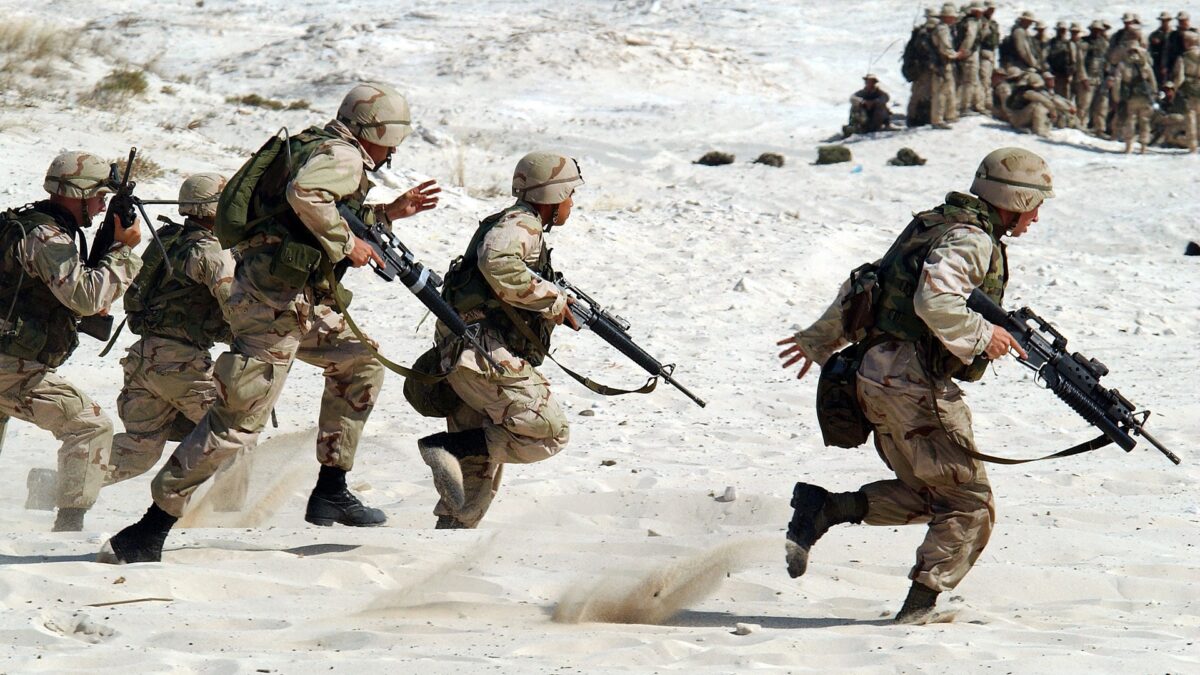
How is Spousal Maintenance Calculated?
November 18, 2022
How to Help Your Client Prove They Were Injured in a Car Accident
November 18, 2022Is there a procedure for bringing a serving military before a civilian judge? An affidavit from the defendant’s commanding officer attesting to his or her military service status may be required. Just what does the term “military affidavit” refer to? The term “affidavit” is used to refer to a written statement that is given under oath and is utilized in legal proceedings.
An affidavit of military service is a legal declaration attesting to the truth of a claim that a person is actively serving in the armed forces. A military affidavit is commonly used in court to establish that a defendant is a current service member. When a defendant is unable to appear in court because of military responsibilities, civil proceedings are typically put on hold.
Affidavit Under the SCRA: What Is It?
An affidavit of military service by a servicemember is also known as the SCRA affidavit. The purpose of the Service Members Civil Relief Act is to safeguard the legal interests of those serving in the armed forces or other uniformed organizations (SCRA). The following protections are provided by law where applicable:
- Active-duty members of the United States military
- Military personnel from the Reserves are subject to
- For 30 days, the National Guard was on full alert.
- Those in the Public Health Service with active commissions
- Commissioned officers in the United States Navy who are now serving in the National Oceanic and Atmospheric Administration
The SCRA has a provision that shields defendants from civil default judgments. If the defendant in a lawsuit fails to show up in court, the judge may rule in favor of the plaintiff and grant them a “default judgment.” This scenario is prevented by the SCRA.
A party suing a military member under the SCRA must submit an affidavit explaining whether or not the defendant is on active duty. If the service member’s active duty status has ended, the court will not make a default decision until one year has passed.
In addition to safeguarding against default judgments, the SCRA also protects against the seizure of property, the foreclosure of a home, and the termination of a lease for a dwelling or parking spot. State attorneys general may take offenders of the SCRA to federal court.
Military affidavits might vary from one jurisdiction to the next. Yet, the standard affidavit only includes a handful of elements.
When filing a lawsuit, the plaintiff typically has to “check a box” to show that the defendant is in the military. They are also obligated to disclose the credibility of the sources they relied on to verify the accused’s identity.
When would a Military Affidavit be necessary?
When a service member cannot make a court appearance, the burden of securing a military affidavit is on the plaintiff or the plaintiff’s attorney. There are three possible components for the affidavit:
- The alleged criminal is a serving member of the military.
- The defendant is not a member of the armed forces.
- The plaintiff has no way of knowing if the defendant is a civilian or a military enlistee.
The Defense Manpower Data Center (DMDC) maintains a database where anybody can verify a service member’s active duty status.
In addition, the court will not side with a defendant unless and until it hires an attorney to represent its interests. The proceedings must be put on hold for at least 90 days if the authorized counsel is unable to reach the defendant.
Do Bankruptcies Fall Under This?
Members of the armed forces are shielded from nonjudicial foreclosures thanks to Section 3953 of the SCRA. However, the most common use of a military affidavit is in judicial foreclosure proceedings.
Foreclosures can take place in the court system or outside of it. Unlike nonjudicial foreclosures, judicial foreclosures are overseen by the courts. It is possible to halt judicial foreclosure litigation in civil court with an affidavit from a service member.
The SCRA already affords protection to service members against nonjudicial foreclosures, thus an affidavit of military status is not necessary. Under the SCRA, a creditor cannot foreclose on a member of the armed forces who is also the owner of the property.
Active-duty military personnel is afforded protections against nonjudicial foreclosures and a tail coverage period by the SCRA. If you’ve recently completed military service, you may be eligible for “tail coverage,” which is health insurance for the first year after you leave the service.
When a service member wants to stop a repossession, can an affidavit be submitted instead?
If a creditor is trying to reclaim something from a service member, like a car, they may need an affidavit from the service member.
While serving their country, active-duty service personnel are shielded from foreclosure by the SCRA. A court order is necessary for the creditor to carry out the repossession, and some courts may demand an affidavit from the service member to verify that he or she is no longer serving in the military.





